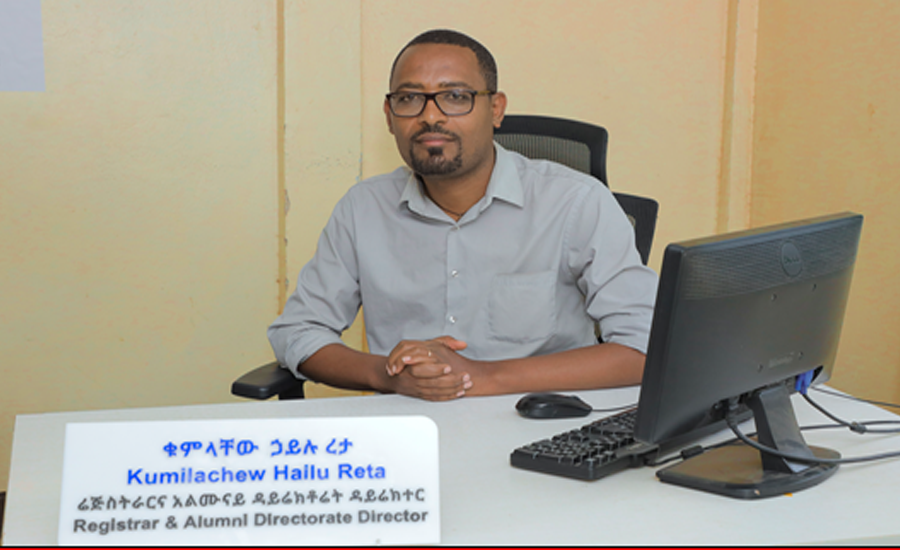
The Hawassa College of Health Sciences Registrar and Alumni Directorate is crucial for managing student records and information, striving for high-quality service through technological advancements. This office manages all aspects of student life, from admissions and registration to graduation and record maintenance, including creating the academic calendar. Key responsibilities include preparing registration materials, compiling course catalogs, managing admissions, submitting results, generating reports, organizing graduations, securing records, processing applications, handling withdrawals/readmissions, and issuing IDs. The Registrar also collaborates with academic coordinators on student issues, represents the registry, reports to the dean, and performs other duties.
HCHS offers a range of diploma and degree programs (both regular and self-sponsored) in various health disciplines, designed to meet the health needs of the region and the nation. Academic programs typically span 44 weeks per year. Diploma programs are modular, while degree programs can be modular or semester-based, depending on the specific curriculum. The academic calendar is developed by the registrar and alumni directorate and approved by the academic commission. Diploma training follows a modular, curriculum-based structure, whereas degree training can be either modular or semester-based. The academic year includes 44 weeks dedicated to instruction, projects, and apprenticeships, and is completed when all curriculum requirements are met. Degree programs adhere to ETA regulations. All students, regardless of program, are required to participate in community activities, including community-based education and practical attachments, for eight weeks following their academic program.
Student workload varies by program. Diploma students have between 24 and 30 contact/independent work hours per week, while degree students must take a minimum of 25 ECTS per semester, with a maximum of 35. Bachelor's degree credit requirements are determined by the curriculum. Diploma students must pass national Center of Competency (COC) assessments, and degree students must pass national licensure exams. The academic commission establishes the summer program workload. Each instructional session is 50 minutes long. Admission requirements also vary by program. Diploma admission requires meeting Ministry of Science and Higher Education standards and passing a college entrance exam (weighted 40% document review, 60% exam score). Post-basic degree admission requires a diploma, a national assessment certificate, two years of relevant work experience, and a college entrance exam (same weighting), with specific program requirements differing. Private applicants who meet all requirements and demonstrate financial capacity may apply with approval. The Regional Health Bureau and the college collaborate on student placement. The college develops entrance exams, and they jointly determine other admission criteria. Special consideration is given to female applicants. The Regional Health Bureau determines the number of students admitted based on regional need and college capacity. Admission to generic degree programs requires meeting Ministry of Science and Higher Education requirements.
Sincerely!
Kumilachewu Hailu
Registrar and Alumni Directorate Director
